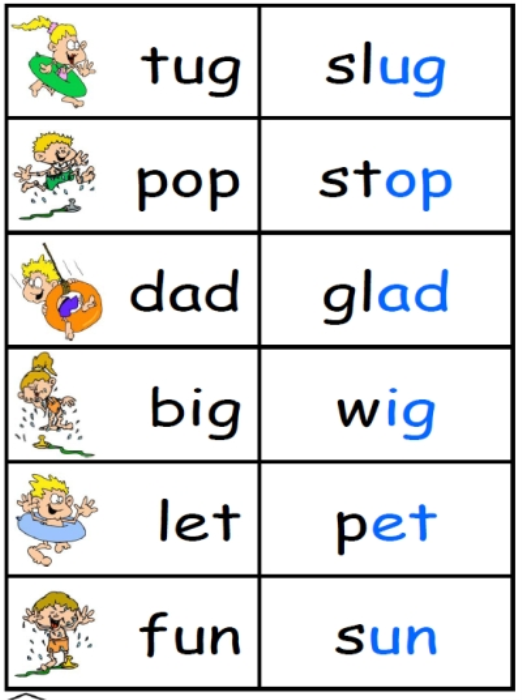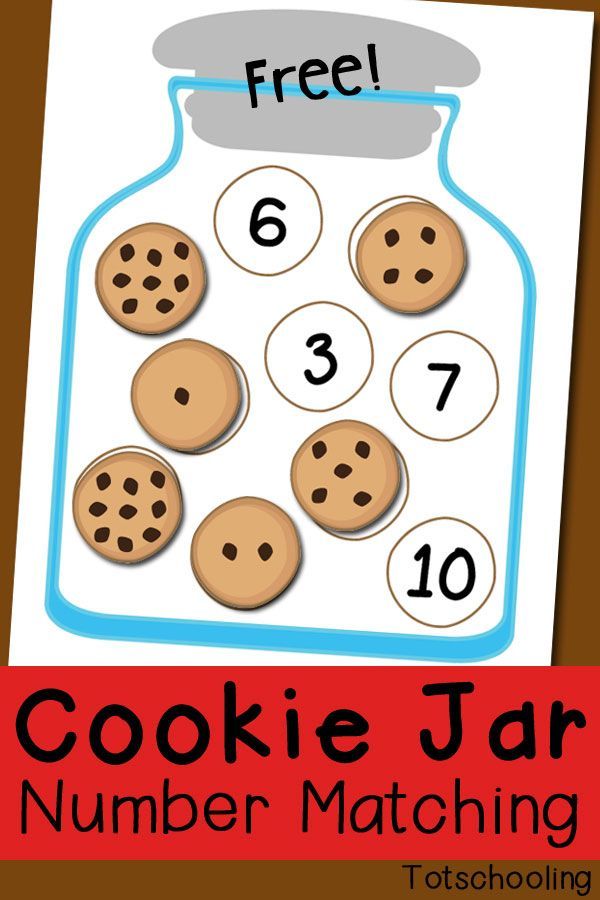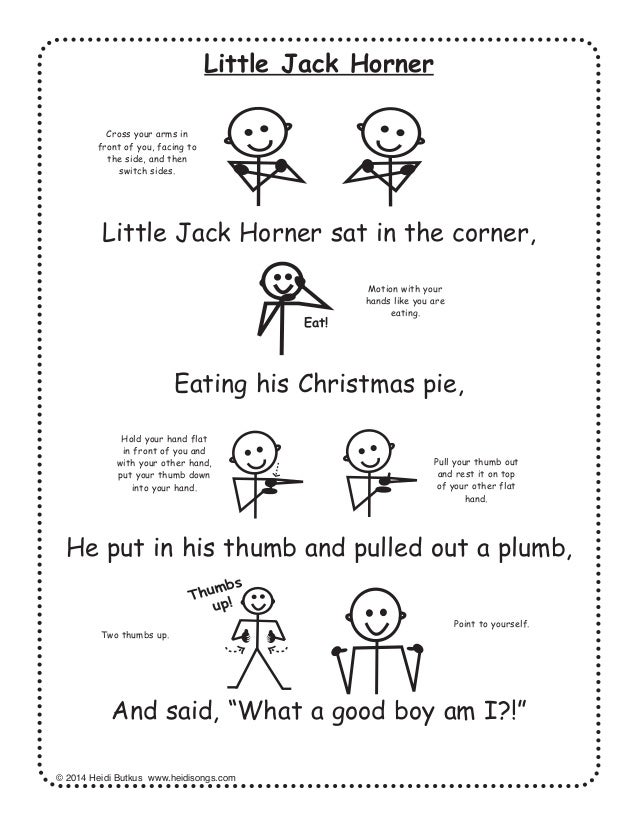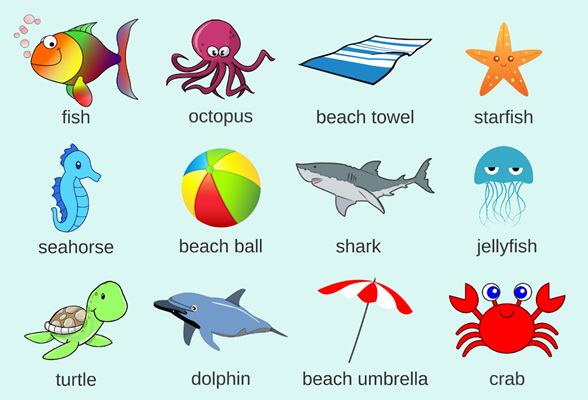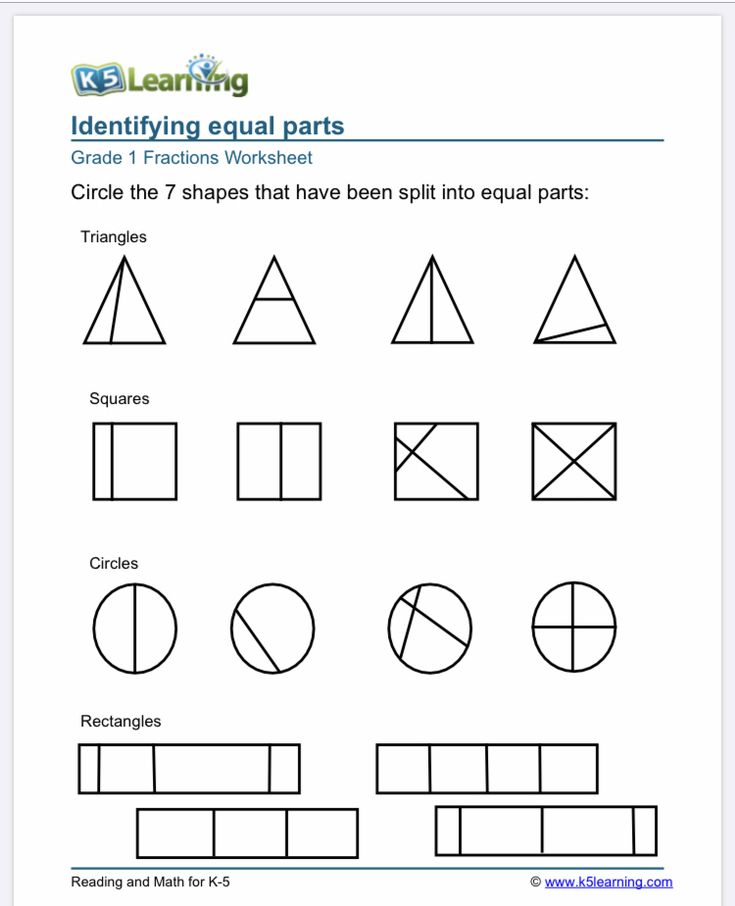Double consonant ing
Spelling rules: doubling up
There are so many spelling rules and it can be difficult to remember them all when you are learning English (and even if you do remember the rule, sometimes it doesn’t always apply, for instance the ‘I before E rule’). However, the doubling rule, or the 1-1-1 rule works in every instance.
The spelling rule
The spelling rule is: if the word has 1 syllable (a word with one vowel sound), 1 vowel and it ends in 1 consonant, you double the final consonant before you add ‘ing’, ‘ed’, ‘er’, ‘est’ (also known as a suffixal vowel). You don’t double the consonant if the word ends in ‘tion’ (also known as a suffixal consonant).
So, if the word has:
- 1 syllable
- 1 vowel
- 1 consonant, which follows the vowel
You double up the last consonant, to make a suffixal vowel (running/ runner, jogging, stopping/stopped).
For example: The word ‘run’
- It has 1 syllable
- It has 1 vowel – ‘u’
- And it has 1 consonant that follows the vowel – ‘n’
In this instance, you double the last consonant to make the word ‘running’.
More examples:
- Run = Running
- Stop = Stopping/Stopped
- Big = Bigger
- Quiz = Quizzes
- Fat = Fatter/ Fattest
Words that have more than one consonant after the vowel don’t double, e.g. ‘lift’ has two consonants ‘f’ and ‘t’, so you don’t double the last consonant, instead you just add the suffixal vowel: ‘lifting’.
For words that have a long ‘e’ vowel on the end, for example grade, slide, hate, you drop the ‘e’ before adding ‘ing’ or ‘ed’, without doubling the last consonant. E.g. Grade becomes ‘grading’ or ‘graded’.
Words with more than one syllable
The doubling rule can also be used for words with more than one syllable, however these words must end in a single consonant and the primary stress must be on the final syllable.
So, if the word has:
- More than 1 syllable
- Ends in 1 consonant
- The final consonant follows a vowel, and that vowel is bearing primary stress
You double up the last consonant, to make a suffixal vowel.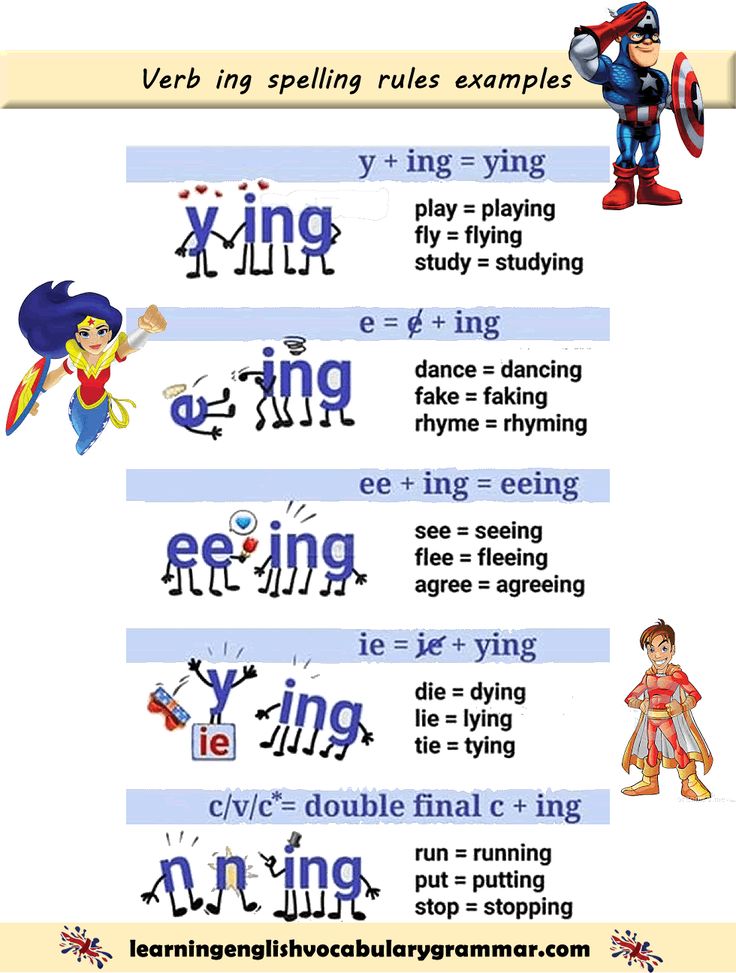 Just like with a single syllable word, you don’t double the last consonant for a suffixal consonant.
Just like with a single syllable word, you don’t double the last consonant for a suffixal consonant.
For example: The word ‘begin’
- It has more than 1 syllable (2 syallables – be-gin)
- It has 1 vowel that bears the primary stress – ‘i’
- And it has 1 consonant that follows the primary stress bearing vowel, in this instance – ‘n’
In this instance, you double the last consonant to make the word ‘beginning’.
More examples:
- Control = Controlling/Controlled
- Regret = Regretting/Regretted
However, if the primary stress is not on the last syllable then you do not double the consonant. E.g. ‘open’ becomes ‘opening’.
Doubling the final consonant before adding –ed or –ing
Ask the Editor
Question
When do you double the consonant at the end of a verb, before adding –ed or –ing? — Pasam G, Tanzania
Answer
SPELLING RULES FOR VERBS WITH -ING AND -ED ENDINGS
When a verb ends in a consonant, sometimes the consonant is doubled before adding the –ed or –ing ending, like this:
stop --> stopped, stopping
- Lucy stopped the car.
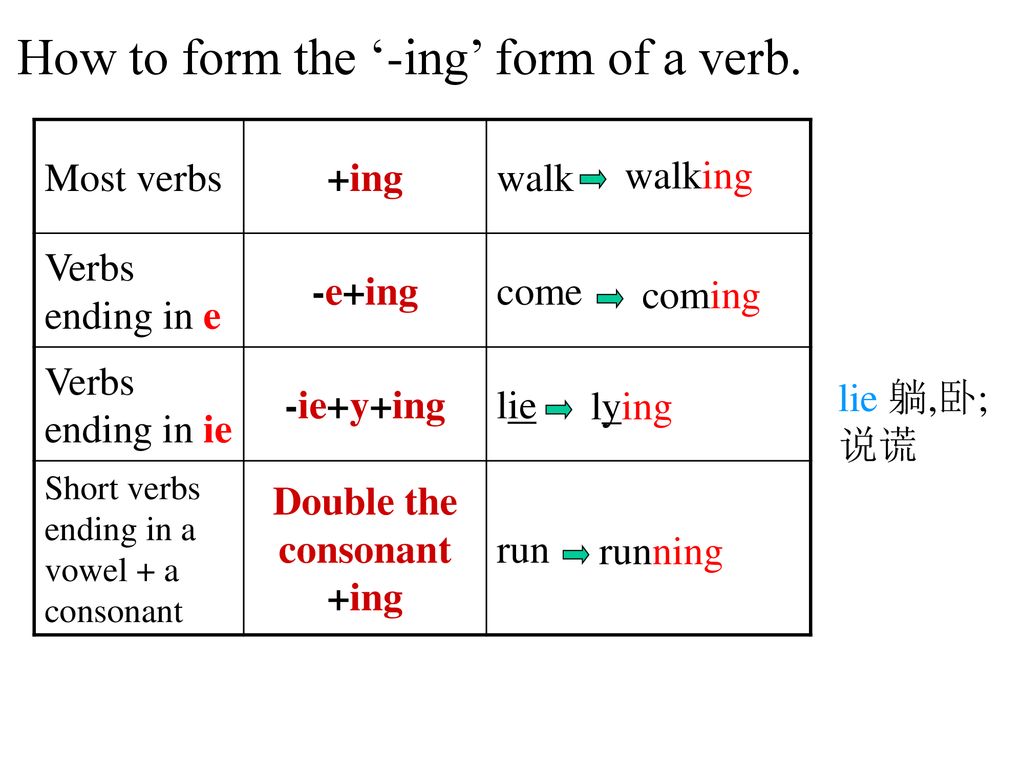
- Why was Lucy stopping the car?
And sometimes the final consonant is not doubled, like this:
shift --> shifted, shifting
- Sandy shifted the gears.
- Sandy was shifting the gears too much.
To know when to double the final consonant, follow the rules below.
RULES
- In a word with 1 syllable, double the final consonant ONLY if the word ends in 1 vowel + 1 consonant.
- In a word with 2 or more syllables, double the final consonant ONLY if the word ends in 1 vowel + 1 consonant AND the final syllable is stressed.
- At the end of a word, don’t count w, x, or y as a consonant.
APPLYING THE RULES
These verbs get a doubled final consonant:
- tip / He tipped the waiter. /He isn't tipping the waiter.
- cram / The students crammed for the test. /The students were cramming for the test.
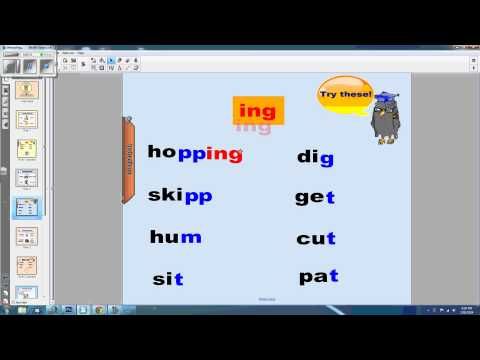
- regret / Carl regretted the things he had said. /Carl was regretting the things he had said.
These verbs do not get a doubled final consonant:
- vote --> voted, voting (vote ends in a vowel)
- instruct --> instructed, instructing (instruct ends in 2 consonants)
- listen --> listened, listening (listen has 2 syllables and the final syllable is not stressed)
Archive
Select month...February 2022January 2022December 2021November 2021October 2021September 2021August 2021July 2021June 2021May 2021April 2021March 2021February 2021January 2021December 2020November 2020October 2020September 2020August 2020July 2020June 2020May 2020April 2020March 2020February 2020January 2020December 2019November 2019October 2019September 2019August 2019May 2019April 2019March 2019February 2019January 2019December 2018November 2018October 2018September 2018August 2018July 2018June 2018May 2018April 2018March 2018February 2018January 2018December 2017November 2017October 2017September 2017August 2017July 2017June 2017May 2017April 2017March 2017February 2017January 2017December 2016November 2016October 2016September 2016August 2016July 2016June 2016May 2016April 2016March 2016February 2016January 2016December 2015November 2015October 2015September 2015August 2015July 2015June 2015May 2015April 2015March 2015February 2015January 2015December 2014November 2014October 2014September 2014August 2014July 2014June 2014May 2014April 2014March 2014February 2014January 2014December 2013November 2013October 2013September 2013August 2013July 2013June 2013May 2013April 2013March 2013February 2013January 2013December 2012November 2012October 2012September 2012August 2012July 2012June 2012May 2012April 2012March 2012February 2012January 2012December 2011November 2011October 2011September 2011August 2011July 2011June 2011May 2011April 2011March 2011February 2011January 2011December 2010November 2010October 2010September 2010August 2010July 2010June 2010May 2010April 2010March 2010February 2010January 2010December 2009November 2009October 2009September 2009August 2009July 2009June 2009May 2009April 2009March 2009February 2009January 2009December 2008November 2008October 2008September 2008
You can read more articles in the archive.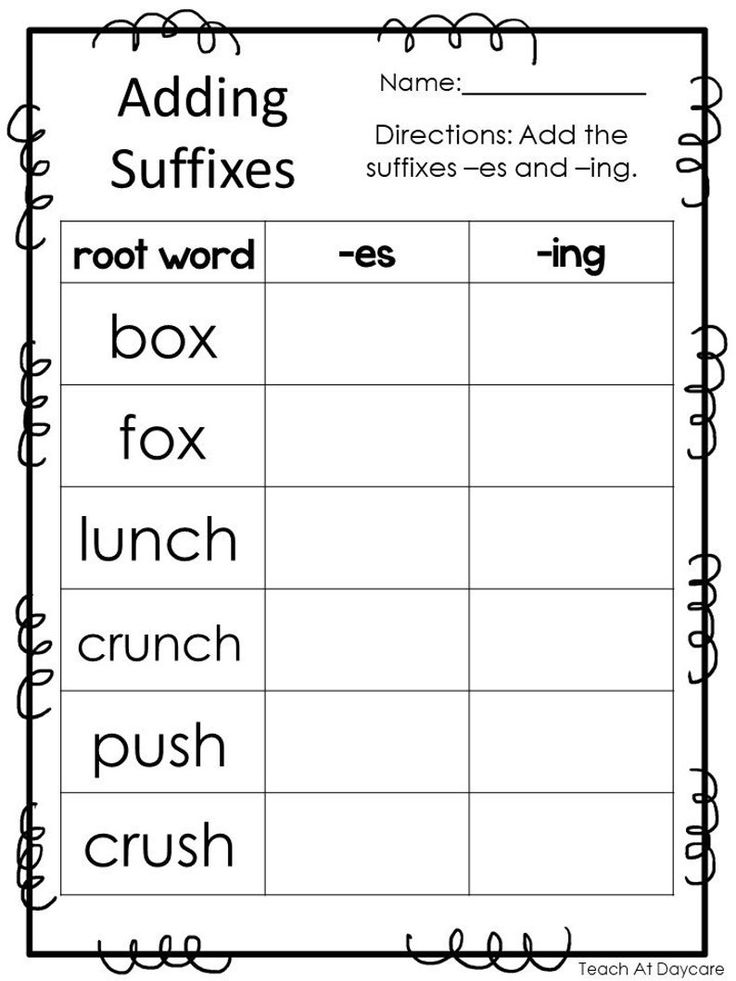
English ending ing
WAR
All dictatorships create external enemies and repression to sit on the throne forever.
If you can't tell the truth from a clever lie, then think about laws, about freedom of speech, how often and where power has changed.
CNN News BBC News Telegram Wikipedia
The ending - ing for verbs serves to form some forms of the participle (Participle), which is also used as the verb form of the Continuous, and the form of Gerund. nine0011 -Ing can also act as a suffix to form nouns and adjectives. After adding the ending - ing , the meaning of the word changes from the answer to the question " What to do ?" to " What's ? Which ? How is ?
|
|
When adding the ending - ing to verbs, there are several special cases, which are listed below.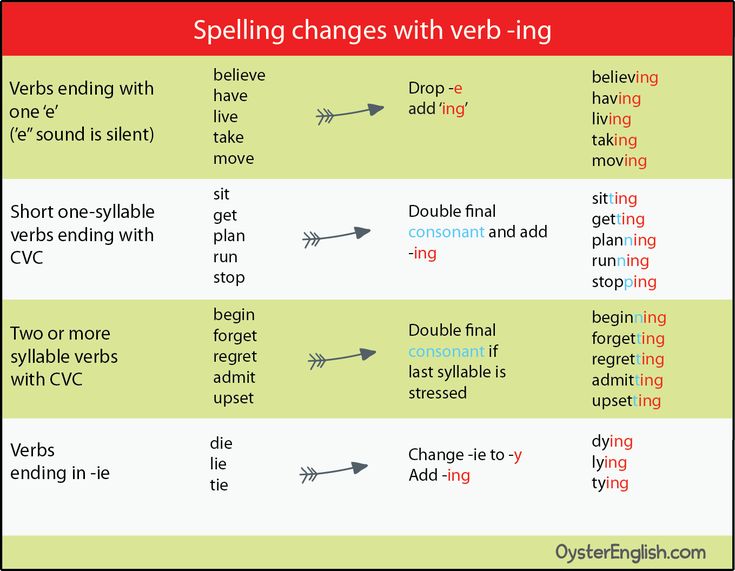 If the verb does not fall under any of these rules, then simply add - ing to the first form of the verb without any transformations.
If the verb does not fall under any of these rules, then simply add - ing to the first form of the verb without any transformations.
|
|
Unpronounceable "e"
If the verb ends with the unpronounceable letter " e ", then it drops out. If the sound [ e ] is pronounced, then the letter " e " remains.
|
|
The ending -ie changes to -y
If the verb ends with a combination of letters “ ie ”, then when adding - ing , the suffix - ie changes to the letter “ y ”.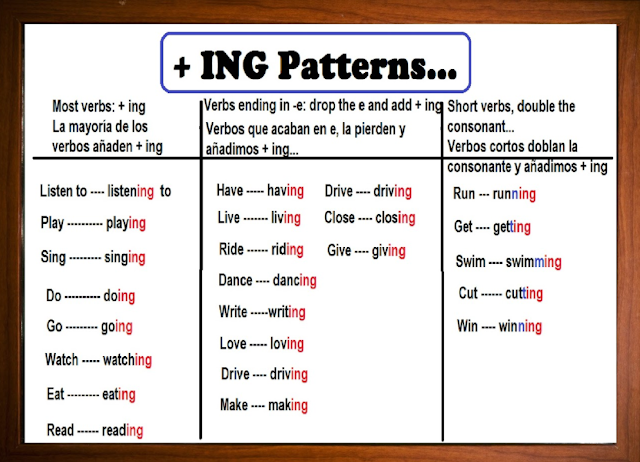
- to die → dying
- to lie → lying
- to tie → tying
The letter "y" is retained
If the verb ends with the letter "9"0011 y ", then it does not change when adding the ending - ing , in contrast to adding the ending -ed.
- to carry → carrying
- to study → studying
- to play → playing
- to try → trying
- to say → saying
- to worry → worrying
Doubling consonants
Doubling occurs when adding - ing if the verb ends with one consonant, before which is the stressed vowel .
- to get → getting
- to hit → hitting
- to run → running
- to occur → occurring
- to refer → referring to
- to begin → beginning
- to stop → stopping
- to forget → forgetting
When adding - ing , doubling of consonants does not occur if the stress is not on the upcoming vowel sound, or the upcoming one is a long vowel sound (digraph).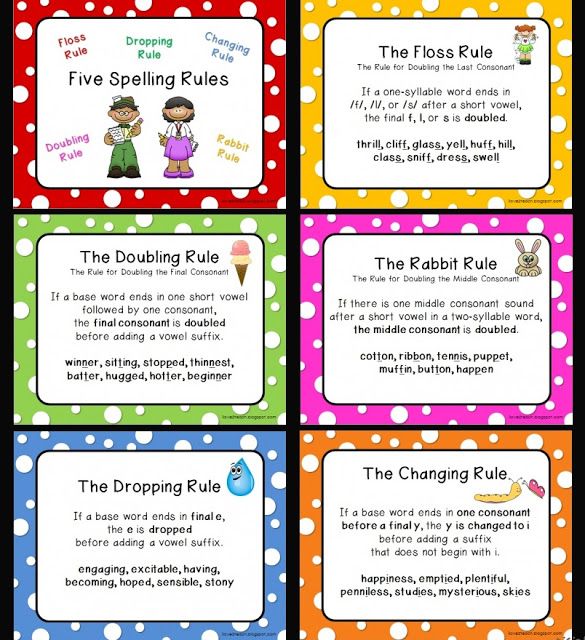
|
|
The final letter " x " is not doubled, because this letter conveys two sounds at once [ ks ] or [ gz ]. Also, the final letter " w " is not doubled.
| nine0029
Doubling -l in British English
According to British grammar rules , when adding the ending - ing to verbs, the final letter " l " is always doubled, even if the stress is not on the last syllable.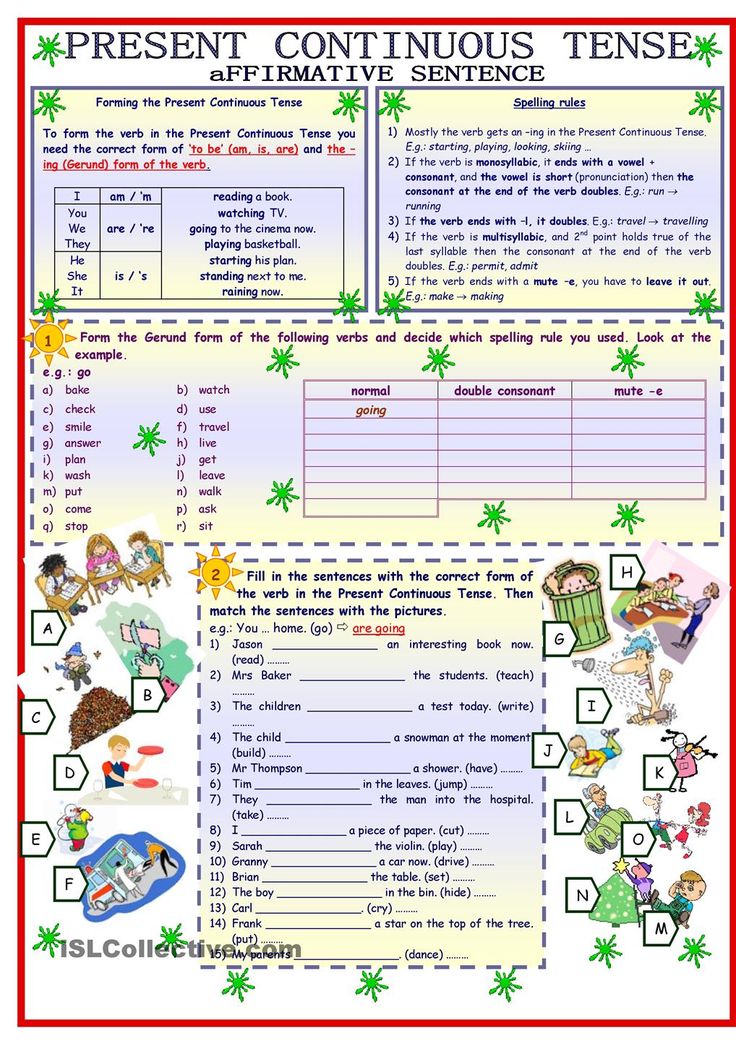
However, US there is no doubling of the consonant letter " l " if the stress is not on the upcoming vowel or if the upcoming sound is a long vowel.
|
|
If the verb ends with one consonant " l " preceded by a short stressed vowel, doubling occurs anyway.
|
|
Ending -ic
If the verb ends with a combination of letters “ ic ”, then when adding - ing , the suffix is ic changes to - ick .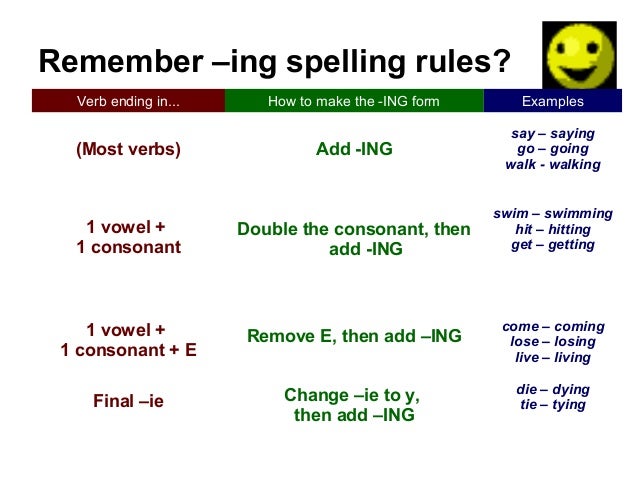
- traffic → trafficking
- mimic → mimicking
- panic → panicking
Ending - ing is used to form nouns (as well as adjectives) from verbs.
|
|
Ending - ing is used in the formation of the Present Participle, which is used in tenses Continuous , Perfect Continuous , Continuous Infinitive and Perfect Continuous Infinitive, which can be used as a definition or circumstance.
- I'm working at the moment, I can't help you. I'm working now, I can't help you. nine0033
- We have been living in this town since 1980. - We have been living in this town since 1980.
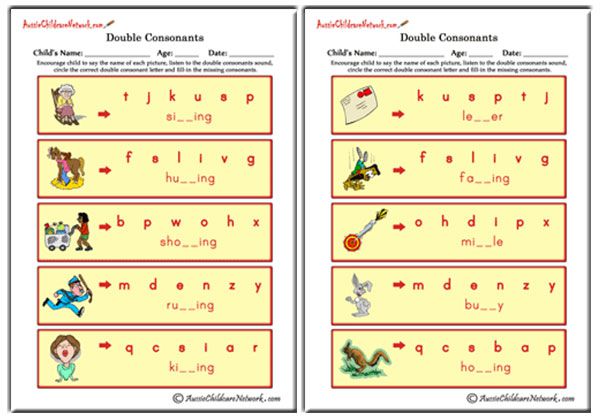
- I would be nice to be traveling overseas right now. It would be nice to travel abroad now.
- You seem to have been crying all night long. What has happened? You look like you've been crying all night. What happened?
- This smiling girl is so cute! This smiling girl is so cute! nine0033
- Walking in the park I met my old friend. Walking in the park, I met my old friend.
Ending - ing is used in the formation of the gerund (The Gerund).
- Your coming here really pleases me. Your visit really makes me happy.
- Drinking hot tea is something you need when you're ill. Drinking hot tea is what you need when you are sick.
In this article we will analyze one of the aspects of word formation in English, namely, words with the ending ing. Ing ending in English plays an important role in grammar.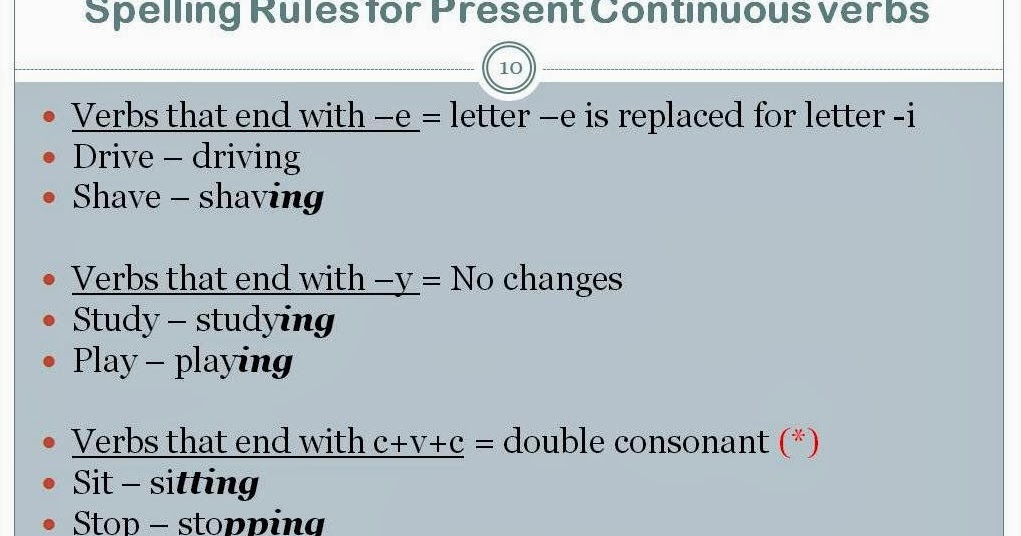 We will tell you when the ending ing is added, what it means, and also give specific examples.
We will tell you when the ending ing is added, what it means, and also give specific examples.
Four parts of speech can have the ending ing in English:
-verbal nouns
-verbs of the Continuous tense group
- participles of the first type
-gerund
Let's analyze all the cases one by one.
Ending ing of verbal nouns
As the name implies, we will talk about nouns formed from verbs. The Russian language also has such examples. Running (from the verb to run), reading (from the verb to read), singing (from the verb to sing).
Examples of verbal nouns ending in ing: nine0003
reading - reading (from to read - read)
smoking - smoking (from to smoke - smoking)
singing - singing (from to sing - to sing)
meeting - meeting (from to meet - meet, meet)
In a sentence, nouns derived from verbs act as subjects or objects.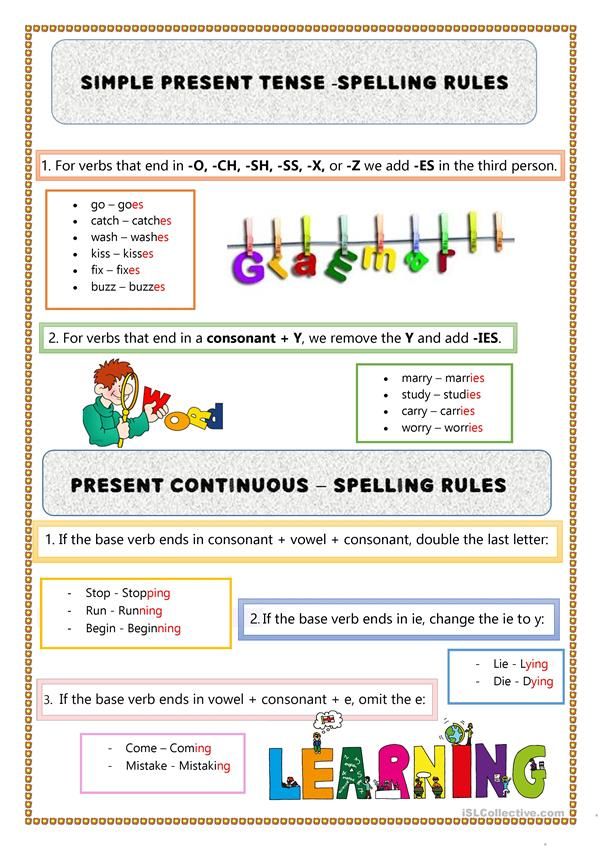
Examples of sentences with verbal nouns:
My hobby is reading. Reading is my hobby. nine0639
Smoking is prohibited in our office. Our office is non-smoking.
Singing is interesting but difficult for me. Singing is interesting to me, but difficult.
She will never forget their first meeting. She will never forget their first meeting.
How is the ending ing attached?
Before moving on to the second use of ing in English, let's dwell on the rules for adding the ending ing to words. nine0003
The ending ing is added to both regular and irregular verbs, and in all cases it is pronounced as [iŋ].
- If the verb ends in a silent vowel e, then this letter is removed.
For example:
write - writing (write - letter (writing process)
close-closing
smoke - smoking (smoking - smoking) nine0003
- If the verb ends in a vowel y, the ending ing is added after y.
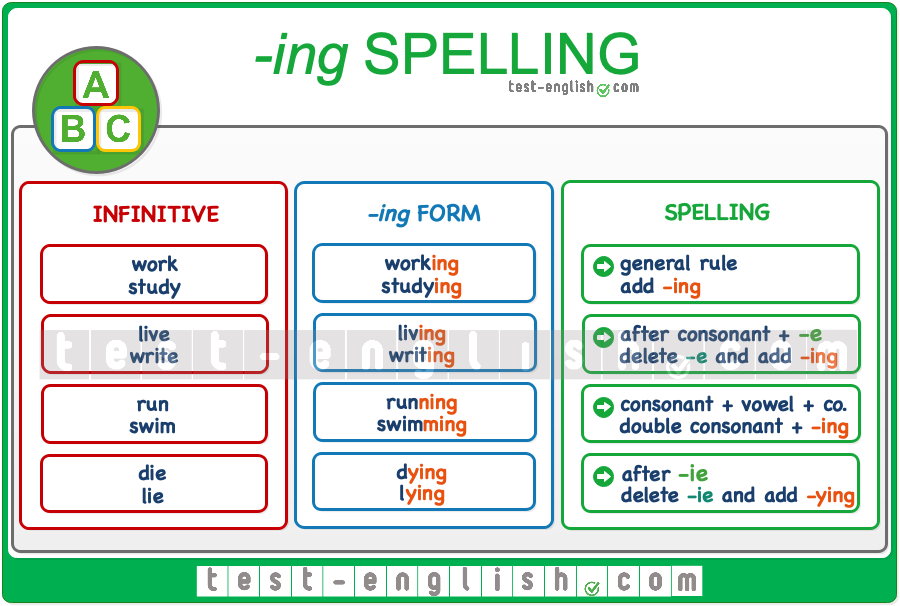
copy - copying (copy - copying)
study - studying (study - study)
buy - buying (buy - buying)
- In cases where the verb ends in a closed syllable under stress, the final consonant is doubled.
spin - spinning (rotate - rotation) nine0003
plan - planning (plan - planning)
get - getting (get - getting)
If the stress is not on the preceding vowel or if the vowel is long, the addition of the ending ing does not double the consonants. For example: work - working (work - work), count - counting (count - account).
- In British English, words ending in an l preceded by a short vowel have the l doubled when the ending ing is added. nine0034
travel - travelling (travel - travel)
- If the verb ends with the letter r in the stressed syllable, then the r is also doubled.
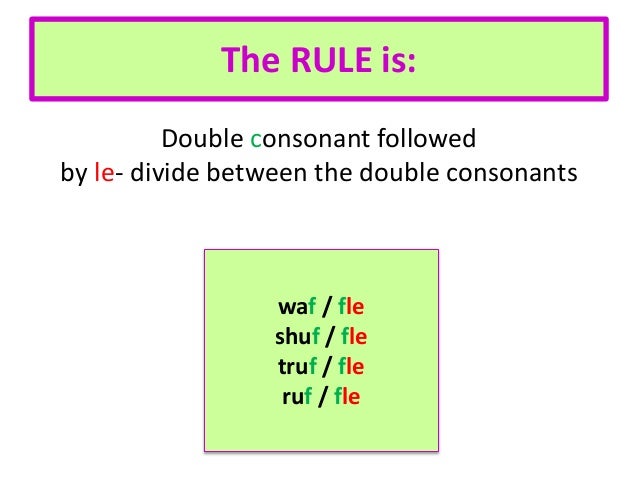
prefer - preferring (prefer - preference)
- Words to be memorized:
lie - lying (lie - lie)
die - dying (dying - dying)
tie - tying (tying - tying)
age - aging (get old - aging)
ski - skiing (skiing - skiing)
see - seeing (see - seeing)
agree - agreeing (agree - agreeing)
In all other cases, the ending ing is added without changing the original word.
Verbs with ing endings in Continuous tenses
Continuous tenses express the fact of some action, emphasizing the duration of the process, not its result. nine0003
Long-term sentences are formed according to the following scheme:
Subject + to be in the appropriate form and tense + predicate ending in ing + object.
Present Continuous denotes an action that takes place in the present tense, at the moment of speech or at a specific time, and is formed as follows : subject + am, is, are + verb with ing + objects.
I am reading a book now. I'm reading a book now. nine0639
Children are playing piano every day from 2 till 3 o'clock. The children play the piano every day from 2 to 3 o'clock.
Past Continuous denotes an action that lasted some time earlier and is completed by the time of speaking. Past Continuous formation scheme: subject + was, were + verb with ing + additions.
I was sleeping when you called me. I was sleeping when you called me.
They were playing tennis at this time yesterday. They were playing tennis at this time yesterday.
Future Continuous is used when we talk about an action in the future that will take place at a certain time. Future Continuous education scheme: subject + will be + verb with ing + additions.
Next Saturday at this time I will be swimming in the ocean. At this time next Saturday I will be swimming in the ocean. nine0003
My mother will be cooking when I come home.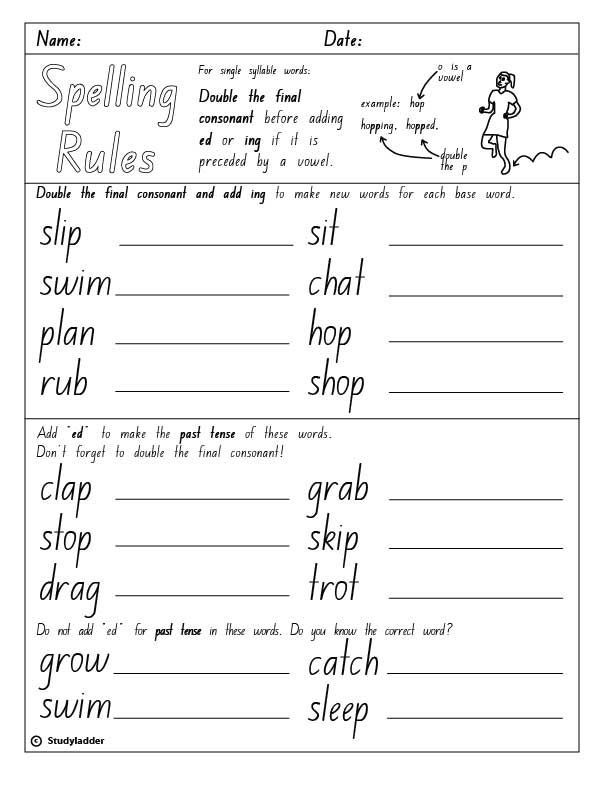 My mom will be cooking when I get home.
My mom will be cooking when I get home.
Also, verbs with ing endings are used in the tenses of the Perfect Continuous group. Consider the present, past and future tenses in Perfect Continuous.
Present Perfect Continuous is used when the action started in the past but is still going on. The present perfect continuous tense is formed: subject + have/has + been + verb with ing + objects. nine0003
I have been doing this for three days. I've been doing this for 3 days now.
It has been snowing for a week. It's been snowing for a week now.
Past Perfect Continuous is used to denote an action that took place and ended up to a certain point in the past. The past perfect continuous tense is formed: subject + had + been + verb with ing + objects.
Marry had been talking on the phone for an hour when her husband entered the room. Mary had been talking on the phone for an hour when her husband entered the room.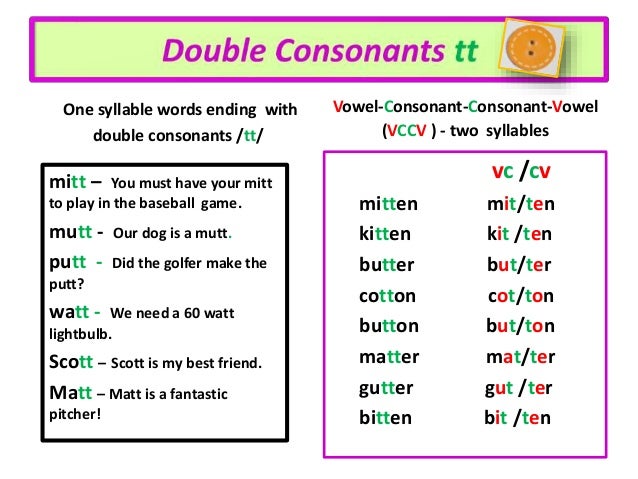 nine0639
nine0639
When I woke up my mother had been cooking breakfast for half an hour. When I woke up, my mother had already been preparing breakfast for half an hour.
Future Perfect Continuous is used to indicate an action that will take place and have some result at a certain point in the future.
The Future Perfect Continuous is formed as follows:
subject + will + have been + verb with ing + objects. nine0003
My grandparents will have been living together for 60 years next year. Next year will be 60 years since my grandparents live together.
When you visit us in January, I and my brother will have been studying English for seven months. When you visit us in January, my brother and I will have been studying English for 7 months.
The ending ing for participles of the first type
The participle in English is an impersonal form of the verb.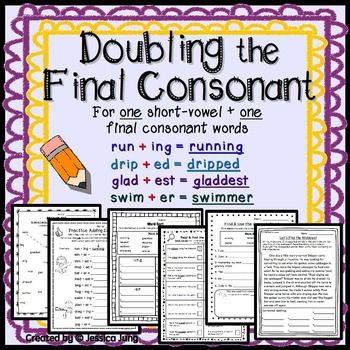 Participle I or participle of the first type is formed by adding the ending ing to the verb. In Russian, Participle I corresponds to participle or participle. In English, there are no gerunds as a separate part of a part of speech. nine0003
Participle I or participle of the first type is formed by adding the ending ing to the verb. In Russian, Participle I corresponds to participle or participle. In English, there are no gerunds as a separate part of a part of speech. nine0003
Participle I is used in the following cases:
- To determine the action that occurs in parallel and simultaneously with the verb-predicate. In this case, the verb with the ing ending is translated as a gerund and answers the question "What are you doing?".
I often call my friends while walking in the park. Walking in the park, I often call my friends.
When reading a book he usually writes down interesting thoughts. When reading a book, he usually writes out interesting thoughts. nine0639
- To describe a noun. In this case, Participle I is translated into Russian as a participle and answers the questions “what?”, “what?”, “what?”.
The boy standing in the gate is my brother.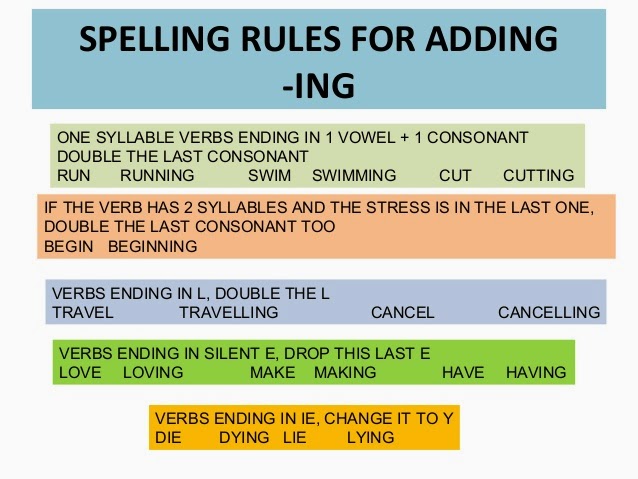 The boy standing at the gate is my brother.
The boy standing at the gate is my brother.
I can't forget the girl sitting by the window during the concert. I can't forget the girl who was sitting by the window during the concert.
English gerund
Gerund is an impersonal form of the verb, which is formed by adding the ending ing to the verb, and combines the features of a verb and a noun. The gerund can be translated into Russian by various parts of speech. Accordingly, he can act as different members of the proposal.
I enjoy spending time with my family. I like spending time with my family.
She likes painting. She likes to draw. nine0003
Thank you for helping. Thanks for helping.
He left the room without shaking our hands. He left without shaking hands with us.
In English, a number of verbs require the use of a gerund after them. Here are the main ones:
Admit
Avoid - avoid
Carry on - continue
Consider - consider, consider
Delay - postpone
Deny
Discuss - discuss
Enjoy - enjoy
Escape - avoid
Finish - finish
Imagine - represent
Involve
Look forward to - look forward to (something)
postpone
Resist - resist, resist
Suggest - suggest
understand - to understand nine0003
Consider specific examples:
I avoid answering embarrassing questions.
Learn more



